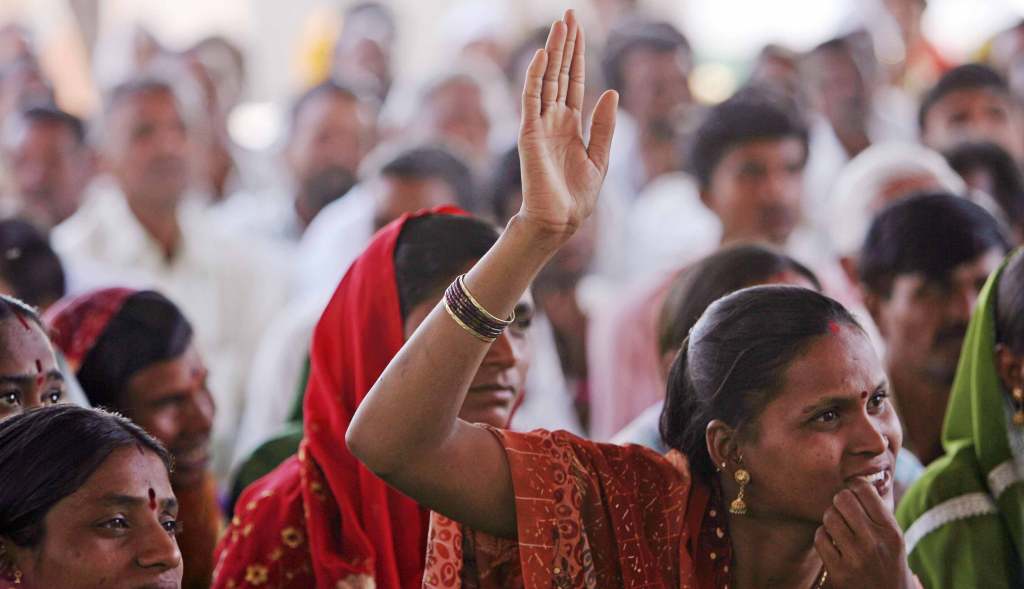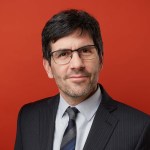 Simone D. McCourtie/World Bank
Simone D. McCourtie/World BankThe following is an excerpt from The Shrinking Space for Civil Society: Philanthropic Perspectives From Across the Globe, a new report from the European Foundation Centre (EFC).
A new normal, everywhere
Fifteen years into the 21st century, the world has both outgrown and, at long last, grown into “globalization”. It’s no longer some prospect of great promise or grave peril. It’s the new normal, yesterday’s news, the forecast that the weatherman, more or less, predicted correctly. What it has meant is that the world’s relationships of influence continue shifting. New powers are emerging and exerting their gathering authority in new ways. Traditional powers – and western institutions, in particular – necessarily must engage differently.
At the Ford Foundation, this dispersal of influence is not a hazard to be feared, but rather a tremendous burst of creative, constructive energy to be harnessed. But we also understand that for many of the world’s most indispensable civil society organizations – the people’s bulwark against the excesses of business and government – it’s a call to arms, but also, at times, a cause for concern.
A new normal for the Ford Foundation
As we’ve said before, we are excited about the challenge of learning, of adapting, and of recasting our work – in our headquarters, in our regional offices, in the philanthropic sector as a whole, and in active partnership with the individuals, institutions, and networks on the front lines of change.
For example, building stronger alliances with local actors is something we’ve always been interested in, and this new normal is forcing us to do what we’ve always known we needed to – listening to people, understanding voices on the ground. In this way, we can address a form of inequality that’s long been present in our own work – how we balance our worldview with the local context of where we work while advancing human dignity in the places where inequality is most pronounced. For every lesson we’ve learned, however, more questions have come into clearer focus: How can we be more sensitive to local context, while staying true to our values? How can we protect our partners while preserving our standing in various countries? How can we respond to new barriers and continue to promote social justice?
A new normal for all
Of course, we are hardly the only ones grappling with these issues. Organizations around the world feel more vulnerable than even just a few years ago. The changing climate for civil society puts a tremendous amount of pressure on us all to do right by our grantees, and oblige governments to do so, even when their interests may be in conflict.
Yes, there are safety issues. Yes, there are security issues – and these should be taken seriously. But there also are issues of process, and compliance, and regulation, and transparency, and diplomacy. No longer can we lean on established precedents and fall back on our paternalist instincts – if we ever could.
Now we need to be more thoughtful, more creative, and, ultimately, more deferential in our response. We need to understand the multiple forces and factors interacting with each other in complicated ways. Most important, we need to listen – and engage our peers and partners in a serious conversation that acknowledges the needs of all parties involved.
A new normal for good
For our part, we’re deepening our understanding of these issues by investing in research and analysis that will inform the next generation of our support for civil society organizations. What we learn will hopefully shed light on what we can do as a sector to better prepare ourselves, and our grantees, to adapt to the world’s new normal.
Together, we can establish a new paradigm for philanthropy to match our new global paradigm, and work better and more broadly than ever before. Given the progress we have seen throughout the 20th and 21st centuries, we are hopeful and optimistic we can adapt to these challenges, and advance social justice for all.

